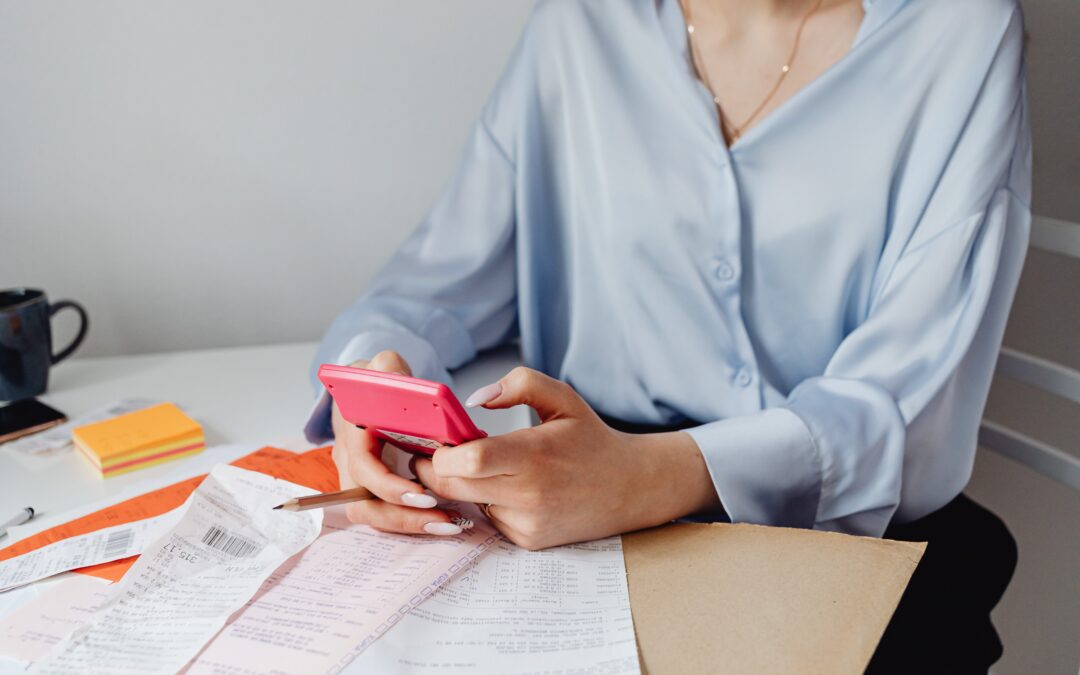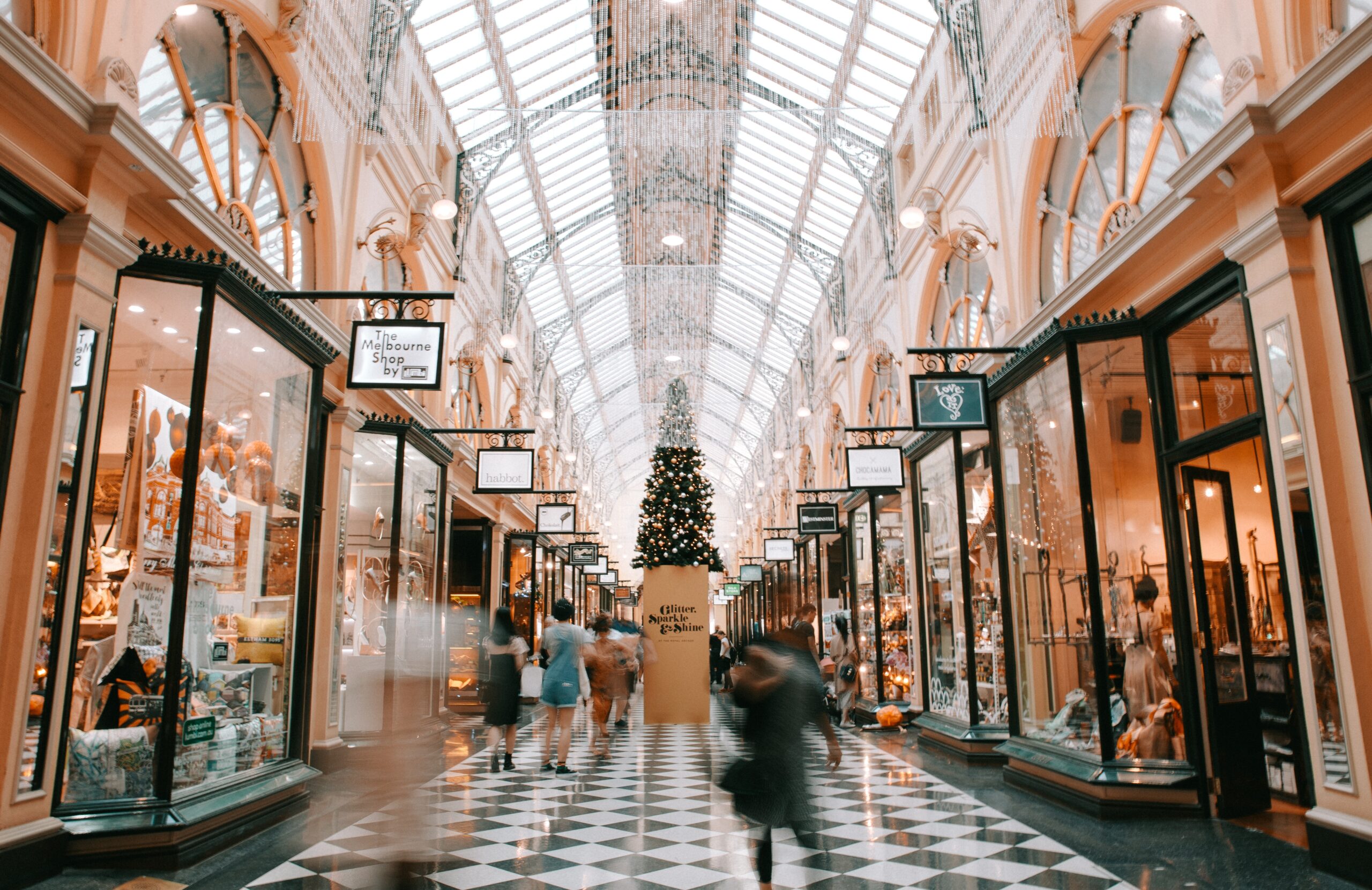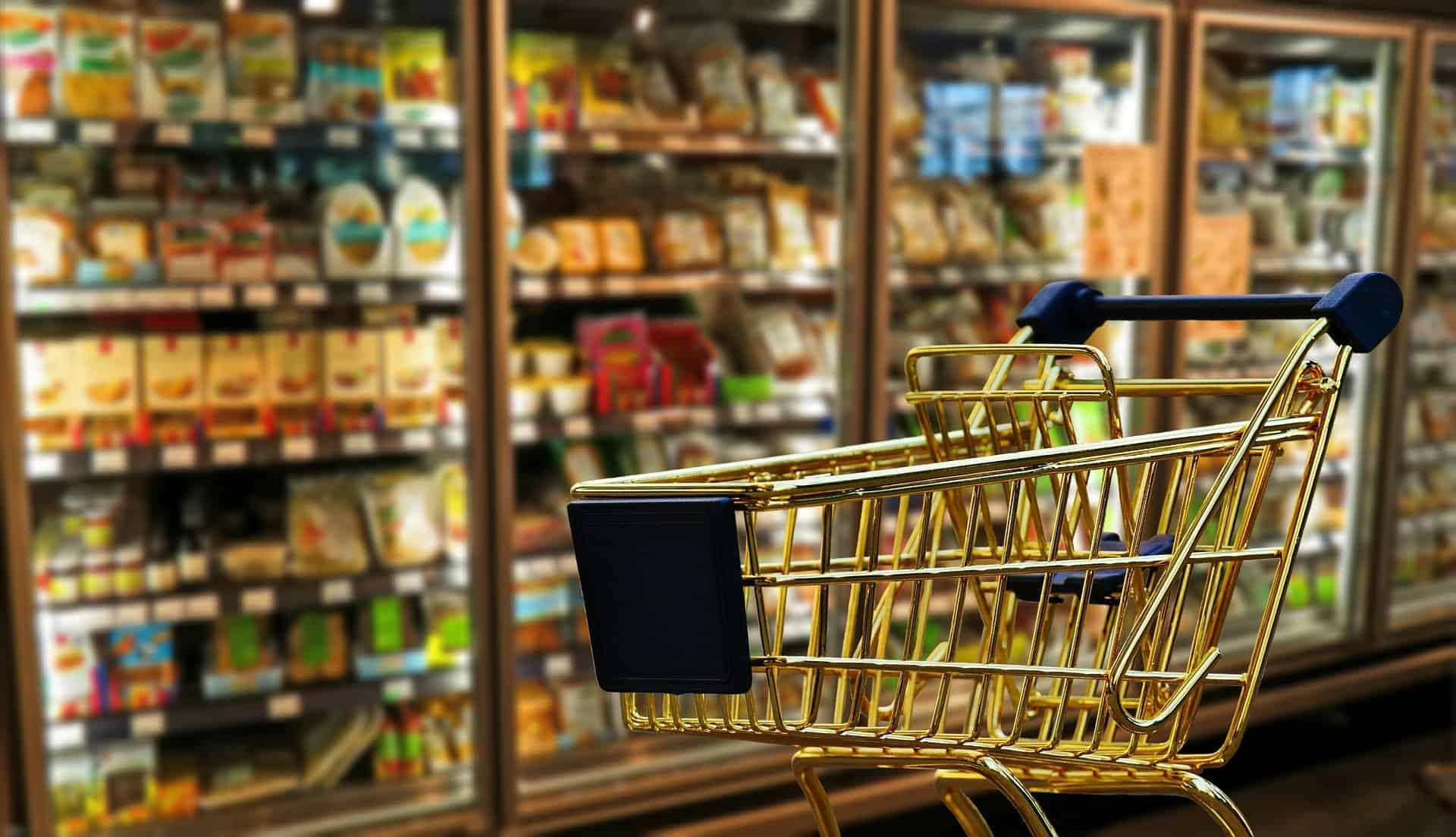Have you noticed the different Value Added Tax (VAT) rules for various goods while living in the UK?
In fact, in the UK, some goods are subject to a 20% VAT due to different classifications.
VAT is typically included in the selling price and displayed on the shopping receipt.
Today, let’s take stock of these peculiar VAT rules in the UK.
VAT in the UK
In the UK, VAT has a certain level of complexity.
The classification and attributes of goods, in particular, have profound effects on tax treatment.
Additionally, factors such as the temperature and packaging of food may affect whether VAT is payable, making the VAT regulations in the UK full of subtle differences.
Snack Category
VAT differences due to food packaging:
- Tropical fruits packaged in bags may be considered taxable, while the same fruits in jars can enjoy tax-exempt status.
- Food packaging deemed luxurious may be subject to VAT, introducing different tax standards for packaging classification.
VAT differences due to processing methods:
- If food is sold while still hot, VAT is usually applicable. However, if the food has cooled by the time of sale, it can often be exempt from tax.
- Chocolate-coated biscuits are considered luxury snacks and are subject to VAT. Conversely, ordinary uncoated biscuits are usually exempt from VAT.
- Generally, non-carbonated drinks are considered exempt, while carbonated drinks may be subject to VAT.
- Coffee beans are typically considered exempt, but if processed into coffee beverages for sale, they may be subject to VAT.
- Pure fruit juice is usually exempt, but if sugar or other ingredients are added, it may be classified as a beverage and subject to VAT.
- Fresh eggs are typically considered exempt, but once processed into cooked eggs, they may fall into the taxable category.
- Frozen fries are generally considered exempt, but once these fries are fried into chips, they may be subject to VAT.
Everyday Items
- Toilet paper, deemed a necessity, is actually subject to a 20% VAT.
- Clothing and shoes usually incur VAT, but there may be exceptions for children’s clothing and shoes.
- Books and magazines are generally considered exempt, but digital versions of books may be subject to VAT.
- Cosmetics, skincare products, and other beauty items usually incur VAT.
If you’ve noticed any other interesting VAT rules, feel free to leave a comment!



